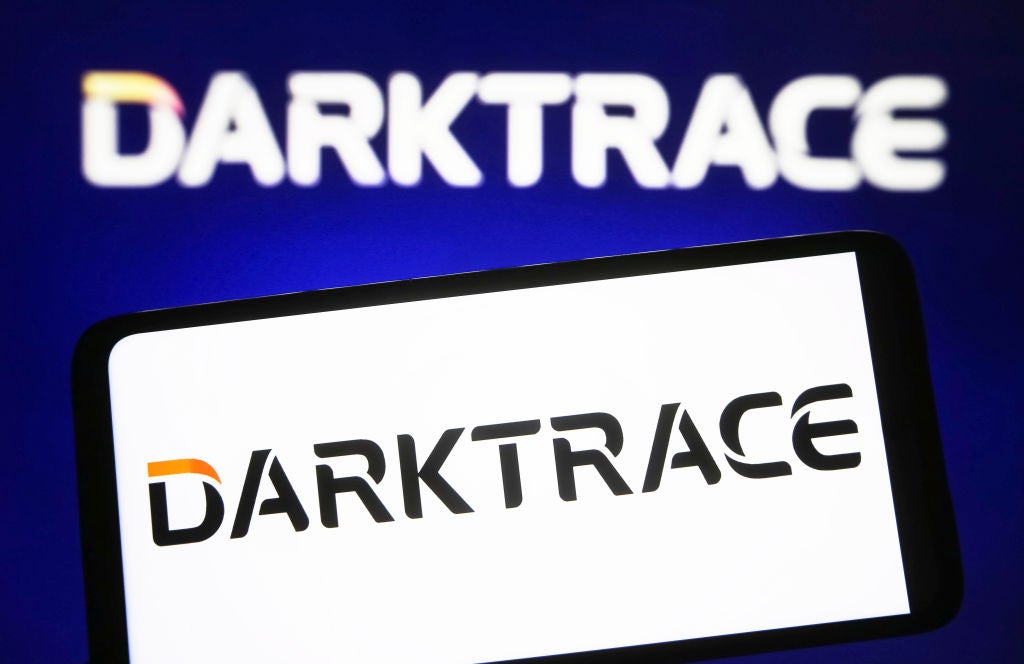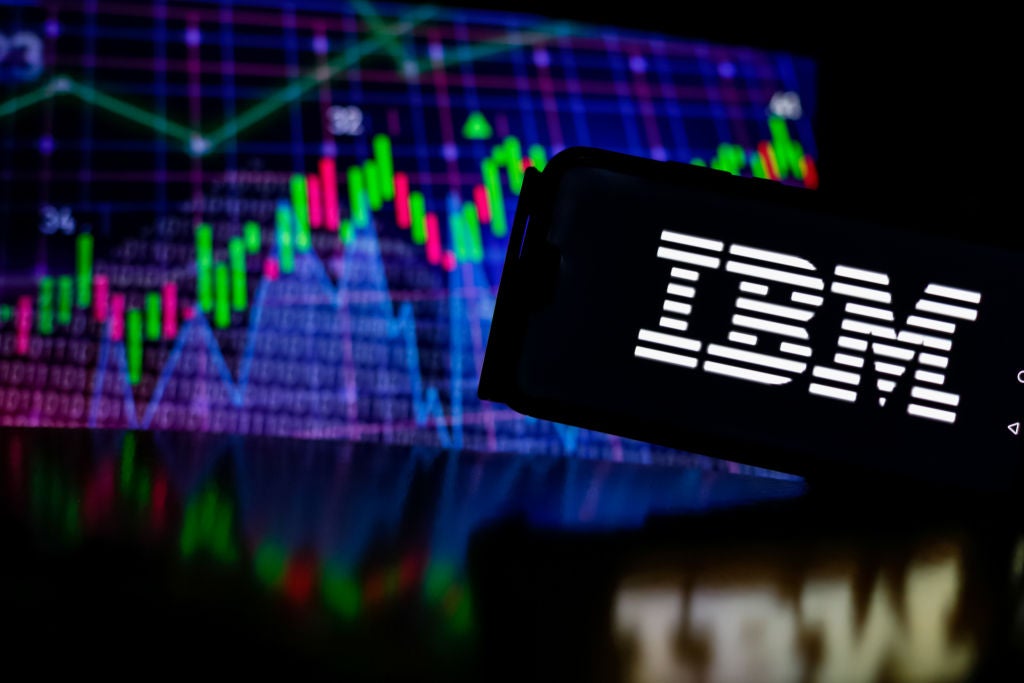
NVIDIA has conceded that its $40bn acquisition of ARM will take longer than expected, due to regulatory scrutiny. It comes as the controversial sale of UK-based semiconductor firm Newport Wafer Fab to Chinese-owned Nexperia was completed without intervention.
The Nvidia-Arm deal faces pressure from regulators in the UK, US and China on both competition and national security grounds. US-headquartered Nvidia, which makes graphics processing units (GPUs) has previously insisted that the deal would close by March 2022.
In a statement, Nvidia CFO Colette Kress said: “Although some Arm licensees have expressed concerns or objected to the transaction, and discussions with regulators are taking longer than initially thought, we are confident in the deal and that regulators should recognise the benefits of the acquisition to Arm, its licensees, and the industry.”
Rivals and critics have warned that Arm, which provides semiconductor designs which are licensed for use in the majority of smartphones and a wide range of electronic devices, could be forced to share information with Nvidia that would give the parent company a competitive advantage.
But the CEOs of Nvidia and Arm have insisted that the deal will benefit the market. Arm CEO Simon Segars said his company needed Nvidia’s resources to deal with the high demand for its semiconductor designs, while Nvidia CEO Jensen Huang said that the two companies would remain independent but “complement” each other.
Nvidia first announced the Arm deal in September 2020. It has since come under regulatory scrutiny in the UK and EU to establish whether it would reduce competition in the semiconductor industry.
How well do you really know your competitors?
Access the most comprehensive Company Profiles on the market, powered by GlobalData. Save hours of research. Gain competitive edge.

Thank you!
Your download email will arrive shortly
Not ready to buy yet? Download a free sample
We are confident about the unique quality of our Company Profiles. However, we want you to make the most beneficial decision for your business, so we offer a free sample that you can download by submitting the below form
By GlobalDataThe UK has launched a separate probe on “national security grounds”. The findings were delivered to the government in late July and according to Bloomberg, the result has been to increase the likelihood of the UK blocking the deal.
Arm is currently owned by Japan’s Softbank but it has a division in China, which must also provide approval to the deal. Progress in China is reportedly sluggish, threatening Nvidia’s original timeline to complete the deal in the first quarter of 2022.
The consensus in Wall Street is that the Nvidia-Arm deal now has only a “15-20% chance of going through”, said GlobalData analyst Michael Orme.
“On the face of it it’s bad news for Arm if it doesn’t [go through], as it needs Nvidia’s resources to keep its current global staff contingent and R&D intensity,” he told Verdict.
He added that the alternative would be a $30bn public listing for Arm but it would be “insufficient” unless the UK treats Arm as a “national champion”.
It comes as Nvidia beat expectations in its latest quarterly results to post revenue of $6.51bn.
Newport Wafer Fab falls under Chinese ownership
The barriers created by regulators to the Nvidia-Arm deal have been contrasted with the apparent ease at which China’s Wingtech has acquired Newport Wafer Fab for £63m via its Dutch subsidiary Nexperia.
While Arm is a much larger player in the semiconductor ecosystem, the buyout is somewhat reminiscent of the Softbank acquisition of Arm in 2016 amid much backlash but little government action.
The Newport Wafer Fab deal has proven controversial because a UK company of strategic technological value is falling under Chinese ownership. Each company has received financial backing from their respective governments, adding further fuel to the flames.
Wingtech assembles smartphones and consumer electronics and analysis by investment firm Datenna traced nearly 30% of Wingtech shares back to the Chinese government.
South Wales-based Newport Wafer Fab produces 200mm wafers that are largely used in the automotive industry. At 8,000 wafers per week its output is small compared to rivals, but it is the largest semiconductor maker in the UK.
A global chip shortage that has been particularly damaging for car manufacturers has further underscored Newport Wafer Fab’s value.
The company has received some £55m in UK government funding via grant schemes, largely via government agency Innovate UK.
It means a company that has benefited from UK government funding is now under the ownership of a company that is partially owned by the Chinese state.
Observers had been expecting the UK government to use the Enterprise Act 2002, the mechanism to intervene in mergers on “public interest grounds relating to national security” used against Nvidia, to investigate the Newport Wafer Fab deal.
In July UK Prime Minister Boris Johnson ordered UK national security advisor Stephen Lovegrove to investigate the Newport Wafer Fab deal.
“We have to judge whether the stuff that they are making is of real intellectual property value and interest to China, whether there are real security implications,” Johnson said.
Despite the promise of a review, a confirmation statement posted on Companies House by Newport Wafer Fab shows the transfer of shares to Nexperia.
The absence of government intervention in the Newport deal has not stopped the UK government from issuing a Public Interest Intervention Notice on national security grounds – the same used against Nvidia – to investigate defence group Cobham’s £2.6bn takeover of Ultra Electronics.
The CMA has until 18 January 2022 to complete the report.





